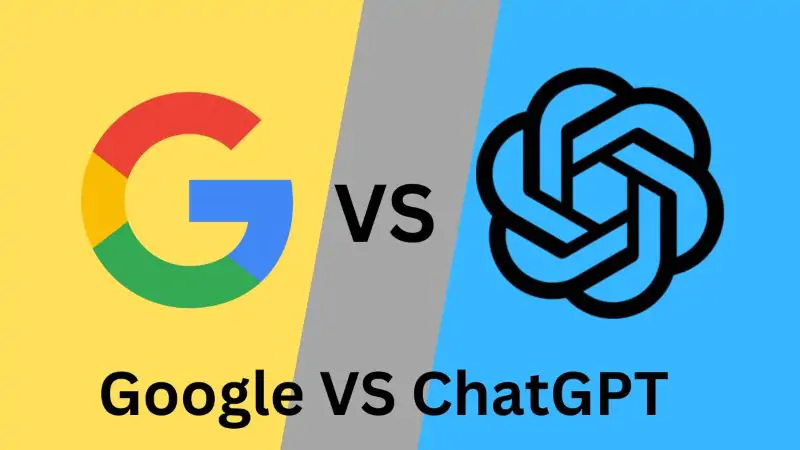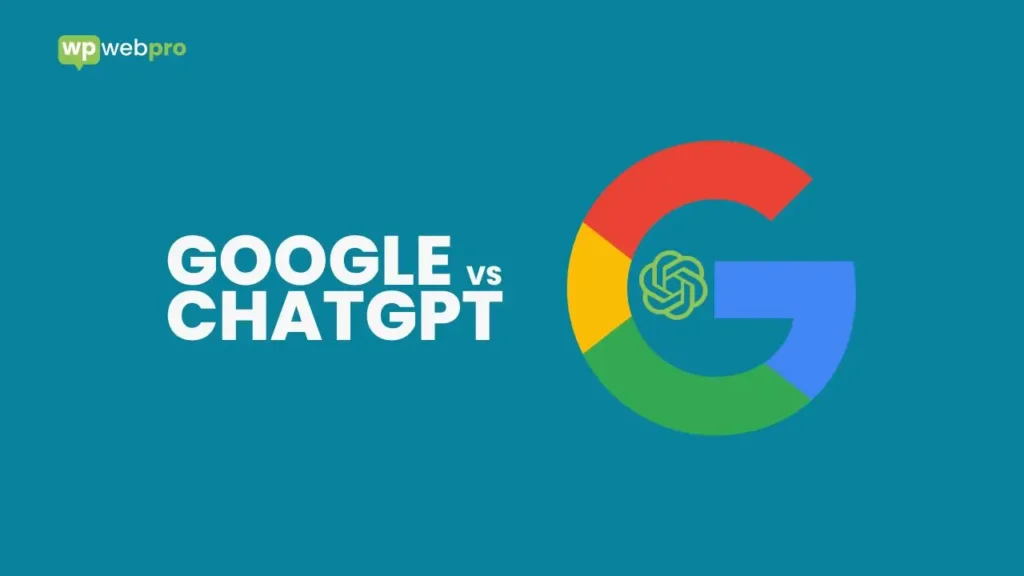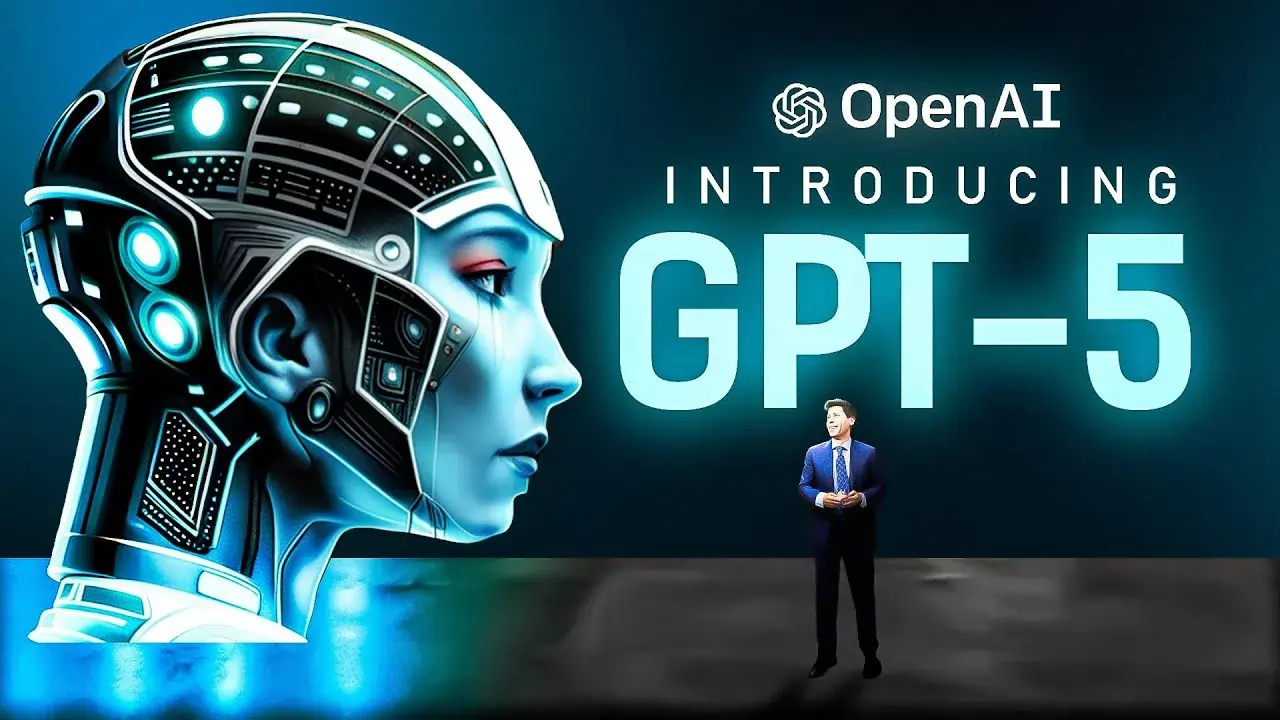Recent media interest has focused on ChatGPT and Google, two cutting-edge systems that can identify and respond to natural language. Google and ChatGPT both have distinctive features, although they are employed for various purposes. Google is a powerful search engine that is used to locate specific information on the Internet, whereas ChatGPT is an advanced AI chatbot that is able to react in natural language.
An AI language model called ChatGPT was created by OpenAI with the goal of generating human-like written language in response to prompts and participating in conversations that are lively. Deep learning algorithms are used to understand context and assist in dialogue. Google, on the other hand, is a popular search engine that indexes and pulls data from the internet in response to user queries.
Gathering Information:
One key difference between ChatGPT and Google is their approach to information retrieval. With ChatGPT, you can have a more engaging and dialog-based experience because it focuses on delivering responses to conversational questions. It excels at understanding natural language, enabling users to have more lively and interesting interactions.
Google, on the other hand, works as a query-based search engine, requiring users to enter particular search words in order to get appropriate outcomes. Google’s strength is its enormous index of web pages, which enables users to rapidly and effectively access a variety of information.
Data Source:
Their data sources are another difference. A wide collection of internet text, including webpages, books, and articles, is used to train ChatGPT, allowing it to acquire a comprehensive knowledge of language. It gains knowledge from the structures and patterns found in the data.
Google, on the other hand, indexes and retrieves data from a variety of internet sources, including webpages, news stories, photos, videos, and more. It uses algorithms to sort and display search results according to their popularity and relevancy.
Privacy or Personal data:
In terms of customisation and user data, unless specifically stated in the chat, ChatGPT does not have access to personal information about users. It doesn’t keep track of or save user preferences or information particular to them.
Google, on the other hand, gather user information in order to customise search results and deliver relevant adverts, such as search history, location data, and user preferences. This distinction emphasises Google’s ability to personalise search results depending on user behaviour and choices.
User Interface:
Another point of contrast is the user interface. In order to provide a conversational interface, ChatGPT is often accessed through APIs or integrated into apps. Users can have more conversational and interactive interactions with ChatGPT.
On the other hand, Google provides a web-based search interface where users may directly enter their queries and receive search results shown as a list of links, along with other components like snippets, photos, videos, and adverts.
Applications:
In terms of applications, ChatGPT is useful in a variety of fields, including consultation, chatbot development, virtual assistant services, language translation, and content production. It may produce excellent content, help with customer service, provide translation services, and offer knowledge in particular fields.
With its extensive search features, Google is incredibly useful for locating products and services, doing research, finding reliable information, and learning new things. It is frequently used for activities like information searching, reading news, using maps, watching videos, and more.
Advantage & Disadvantage:
ChatGPT
Pros –
Versatility: ChatGPT can be trained in English, French, German, and Spanish, among other languages. This indicates that it doesn’t require retraining to use in various parts of the world.
Speed: ChatGPT can generate and process massive amounts of data in a short amount of time. It is a useful tool for corporations and organisations because of this feature.
Accuracy: One of ChatGPT’s most prominent benefits is the accuracy of its responses. This is because the model, which is more trustworthy than other AI models due to its extensive data training, was developed.
ChatGPT is a great tool for companies who need to provide customer support services since it can grasp the context of a discussion.
Personalization: The model can be trained to recognise a specific user’s preferences and interests. As a result, users might receive customised recommendations and responses.
Understanding: ChatGPT is a great tool for companies who need to provide customer support services since it can grasp the context of a discussion.
Self learning: Conversational learning allows ChatGPT to develop its responses over time. With more information from numerous users, ChatGPT can learn more and offer better, responses by the time due to its self learning feature.
Cons –
Limited Domain Knowledge: ChatGPT is quite knowledgeable about many different subjects, but it could not have the same level of domain-specific experience as a human specialist. In some domains, this may result in incorrect or insufficient responses.
Ambiguities and Inaccuracies: One of the most important drawbacks of ChatGPT is its propensity to produce inaccurate or incomprehensible messages while generating believable and compelling responses. This is a widespread problem with language models, and ChatGPT is not exempt from this flaw.
Concerns and Issues of Ethical Importance: Another biggest challenge and disadvantage of ChatGPT is copy paste. In several educational institutions, its use has been prohibited because students was doing their homework and assignment through ChatGPT without reading their books or and understanding about the topic. Significant worries exist over copyright violations. It has also come under criticism for taking the place of authentic human tasks that call for a human touch, including customer service representation and therapeutic counselling, etc.
Pros –
Reliable Information: Google is the largest search engine in the world with more than 1 trillion websites. It means internet users since they can get reliable information on a variety of topics based on their preferences.
Use Built-In Quick Tools: Google has a variety of built-in technologies that can improve your life in addition to the response box. For instance, typing “calculator” into a search engine will instantly bring up an online calculator.
Read Free Books on Google Books: The user experience for Google Books has been enhanced, and you can now preview books, check author bios, look through editions, and more. You can give an ebook a review, add it to your library, or even identify local libraries where you can take out a physical copy of the book on loan.
Google Scholar: Google Scholar is a different search engine that exclusively displays academic publications or court cases (you can select one or the other). From scholarly publications and other academic sources, you’ll acquire papers and studies. You may store articles and view the number of citations for each one.
Cons –
Privacy Concerns: Data collecting is a crucial component that Google depends on. Whatever information you give a website, Google is also gathering it at the same time. These data are utilised by Google to enhance its algorithm in addition to for advertising. As a result, the privacy is not maintained.
Ethical Problems: Google usage also has other ethical issues. For instance, it is a monopoly that has violated antitrust regulations; in fact, Google was penalised billions of euros by the European Union for doing so. Concerns have also been raised about Google’s tax evasion and censorship of websites it disagrees with.
Open source: Due to open source it caused limited customer support, potential security vulnerabilities due to public access to source code, increased complexity for non-technical users, potential lack of cohesive design and user experience across different open-source projects, and potential fragmentation of efforts and lack of centralized control in development and updates.
In conclusion, ChatGPT and Google each have unique goals and advantages. With its human-like reactions and help, ChatGPT excels at facilitating interactive and conversational experiences. It may be incorporated into a variety of applications and is made for dynamic interactions. As a search engine, Google excels at quickly locating information on the internet. It gives search results based on user queries and indexes a considerable volume of web data. Depending on the situation and the needs of the user, each platform has its own uses.





